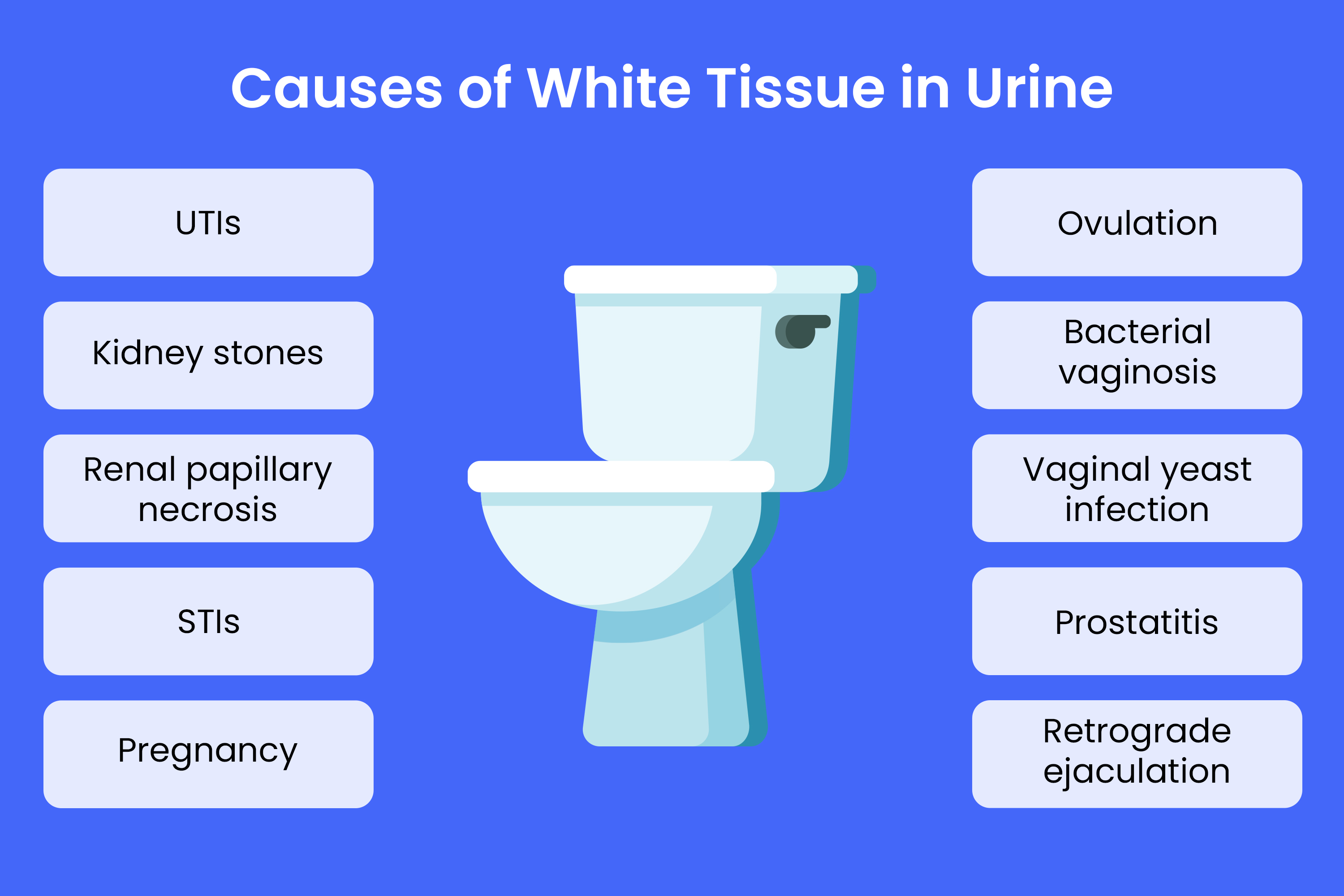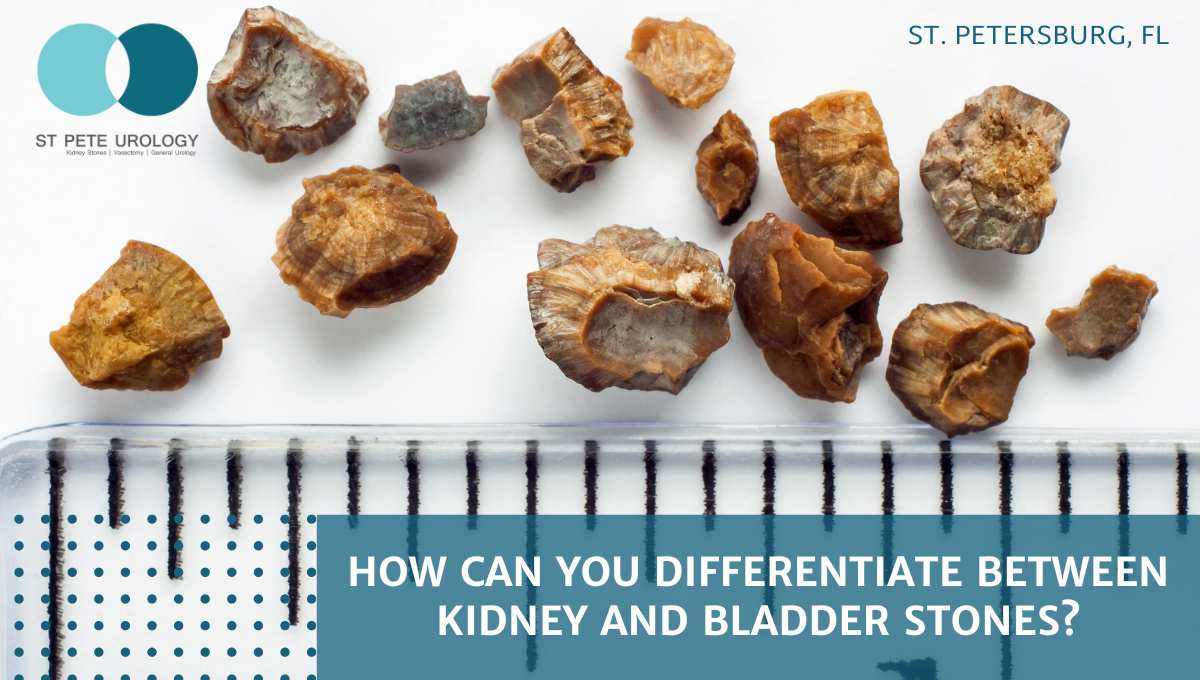Kidney Stones vs UTI: Expert Insights on Effects, Analysis, and Administration
Checking Out the Manifestations and Causes of Kidney Stones in Contrast to Urinary System System Infections: A Thorough Overview
The exploration of kidney rocks and urinary system system infections (UTIs) exposes an intricate interaction of signs and symptoms and underlying reasons that necessitate mindful evaluation. While both conditions can bring about hematuria, they present distinct clinical attributes and occur from various etiological factors. Recognizing the subtleties of each problem is critical for reliable medical diagnosis and management. What are the essential differences in their symptoms, and how might these educate therapy methods? The response to these concerns may give important insights into the avoidance and treatment of these typical urological issues.
Overview of Kidney Stones
Kidney stones, additionally referred to as kidney calculi, kind when particular substances in the pee crystallize and accumulation, causing the advancement of tough deposits within the kidneys. These rocks can vary in dimension, ranging from a grain of sand to a golf round, and can be composed of numerous materials, one of the most common being calcium oxalate, uric acid, struvite, and cystine. The formation of kidney rocks is influenced by a number of factors, consisting of dietary routines, liquid intake, and hereditary predisposition.
Signs and symptoms of kidney stones might include serious discomfort in the back or side, blood in the urine, queasiness, and constant urination, especially as the rock moves via the urinary tract. Medical diagnosis generally entails imaging studies such as ultrasound or CT scans, together with urinalysis to determine the rock's structure.
Therapy options vary based upon the dimension and kind of stone, in addition to the intensity of signs and symptoms (Kidney Stones vs UTI). Small rocks might pass normally with increased fluid intake, while larger rocks might call for clinical treatments such as lithotripsy or surgical elimination. Recognizing the pathophysiology and threat factors connected with kidney stones is necessary for reliable avoidance and monitoring
Overview of Urinary System Infections
Urinary system system infections (UTIs) are typical microbial infections that impact any type of component of the urinary system, consisting of the kidneys, ureters, bladder, and urethra. They mainly happen when microorganisms, often from the gastrointestinal tract, enter the urinary system, leading to inflammation and infection. UTIs are classified right into 2 primary types: challenging and straightforward. Uncomplicated UTIs usually happen in healthy people with regular urinary system tracts, while complex UTIs may arise in people with hidden conditions, such as structural problems or jeopardized immune systems.
The frequency of UTIs is significantly greater in ladies than men, largely because of anatomical distinctions, such as a shorter urethra. Threat aspects include sex-related activity, particular contraceptive methods, urinary system retention, and dehydration. The diagnosis of UTIs is usually verified via urine tests, which might reveal the visibility of germs, leukocyte, or red blood cells.

Symptoms of Kidney Stones
The pain related to kidney rocks can show up in numerous ways, frequently leading individuals to seek medical interest. One of one of the most usual signs and symptoms is severe discomfort, generally localized in the lower back or side, which may emit to the abdominal area or groin. This discomfort, usually referred to as sharp or cramping, can happen unexpectedly and may vary in intensity.
Additionally, individuals might experience hematuria, or blood in the pee, which can vary from microscopic total up to visible discoloration. This signs and symptom may be come with by modifications in urinary habits, such as boosted regularity or seriousness, along with pain during urination. Queasiness and vomiting are additionally widespread, usually resulting from the body's reaction to extreme discomfort.
In many cases, individuals might experience high temperature and cools, especially if a secondary infection establishes as a result of the obstruction triggered by the stones. Generally, the mix of severe discomfort, hematuria, the original source altered urinary system patterns, and intestinal signs and symptoms can offer substantial understanding into the existence of kidney rocks, warranting punctual clinical analysis and intervention. Recognizing these symptoms is important for prompt medical diagnosis and effective management of the condition.
Signs of Urinary System System Infections
Infections within the urinary tract frequently provide a series of distinct signs and symptoms that can significantly affect life. One of the most typical symptoms include a persistent urge to urinate, typically gone along with by a burning feeling during urination, called dysuria. Individuals may also experience enhanced frequency of urination, creating little amounts of urine each time.
Various other remarkable signs and symptoms consist of gloomy or smelly pee, which may indicate the presence of microorganisms or pus. In many cases, pee may appear pink or red as a result of the presence of blood, a condition known as hematuria. Additionally, individuals may experience pelvic pain or stress, which can even more intensify the feeling of necessity.
Systemic signs may additionally show up, such as fever, chills, and exhaustion, particularly if the infection has risen to the kidneys. It is important to acknowledge these symptoms early, as unattended urinary system infections can lead to a lot more serious complications. Kidney Stones vs UTI. Motivate medical focus is recommended when these signs and symptoms are observed, permitting appropriate analysis assessment and therapy to minimize discomfort and prevent additional health problems
Reasons of Each Condition
Often, kidney rocks and urinary system tract infections occur from unique yet often overlapping reasons that can influence people differently. Dehydration, insufficient fluid intake, and high-sodium diet plans can exacerbate these conditions, promoting crystallization within the urinary tract.

Understanding these unique causes is vital for prevention and therapy. Kidney Stones vs UTI. While lifestyle adjustments may alleviate the risk of kidney stones, ideal health and punctual treatment of urinary system system infections are vital for reducing their reoccurrence and connected problems
Conclusion
In recap, kidney stones and urinary tract infections present distinct symptoms and underlying causes. Kidney stones are characterized by severe pain and metabolic factors, while urinary tract infections primarily involve bacterial infections leading to urinary seriousness and discomfort.
The exploration of kidney stones and urinary system system infections (UTIs) discloses an intricate interaction of signs and underlying causes that require careful examination.Urinary tract infections (UTIs) are common microbial infections that influence check my site any type of part of the urinary system, including the kidneys, ureters, bladder, and urethra.Regularly, kidney rocks and urinary tract infections arise from distinctive my company yet often overlapping causes that can affect individuals differently.In recap, kidney rocks and urinary system infections existing distinct symptoms and underlying reasons. Kidney stones are identified by serious pain and metabolic factors, while urinary system tract infections mainly involve microbial infections leading to urinary necessity and discomfort.